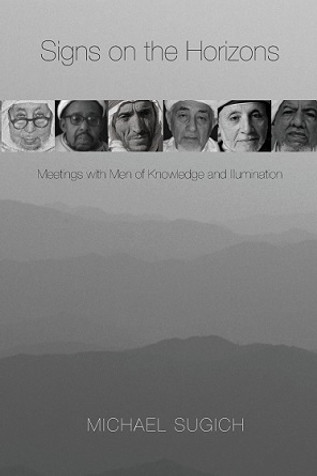While revealing important characteristics of North African Islamic thought, The Book of Illumination also addresses the concerns of contemporary audiences. The text offers deep insight into topics crucial to many people who are exploring "spirituality" in the age of late capitalism with its consumer-driven economics and endless production of new desires and proliferation of choices. Though thoroughly medieval in its subtle elaboration on the richness of scripture and its belief in the efficacy of sainthood, The Illumination is also uniquely contemporary in its piercing critique of selfish desire and rational calculation. The argument of this thirteenth century Muslim author articulates an "Islamic work ethic" that challenges many sociological assumptions of Max Weber while simultaneously dissecting many assumptions of our contemporary consumerist culture whose triumph Weber had announced with such ambivalence.
While revealing important characteristics of North African Islamic thought, The Book of Illumination also addresses the concerns of contemporary audiences. The text offers deep insight into topics crucial to many people who are exploring "spirituality" in the age of late capitalism with its consumer-driven economics and endless production of new desires and proliferation of choices. Though thoroughly medieval in its subtle elaboration on the richness of scripture and its belief in the efficacy of sainthood, The Illumination is also uniquely contemporary in its piercing critique of selfish desire and rational calculation. The argument of this thirteenth century Muslim author articulates an "Islamic work ethic" that challenges many sociological assumptions of Max Weber while simultaneously dissecting many assumptions of our contemporary consumerist culture whose triumph Weber had announced with such ambivalence.
 US Dollar
US Dollar















